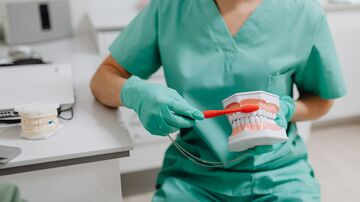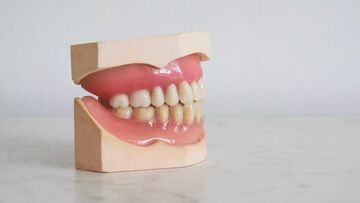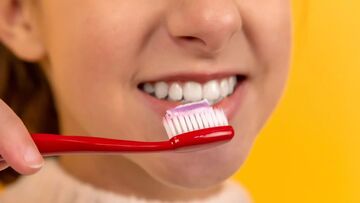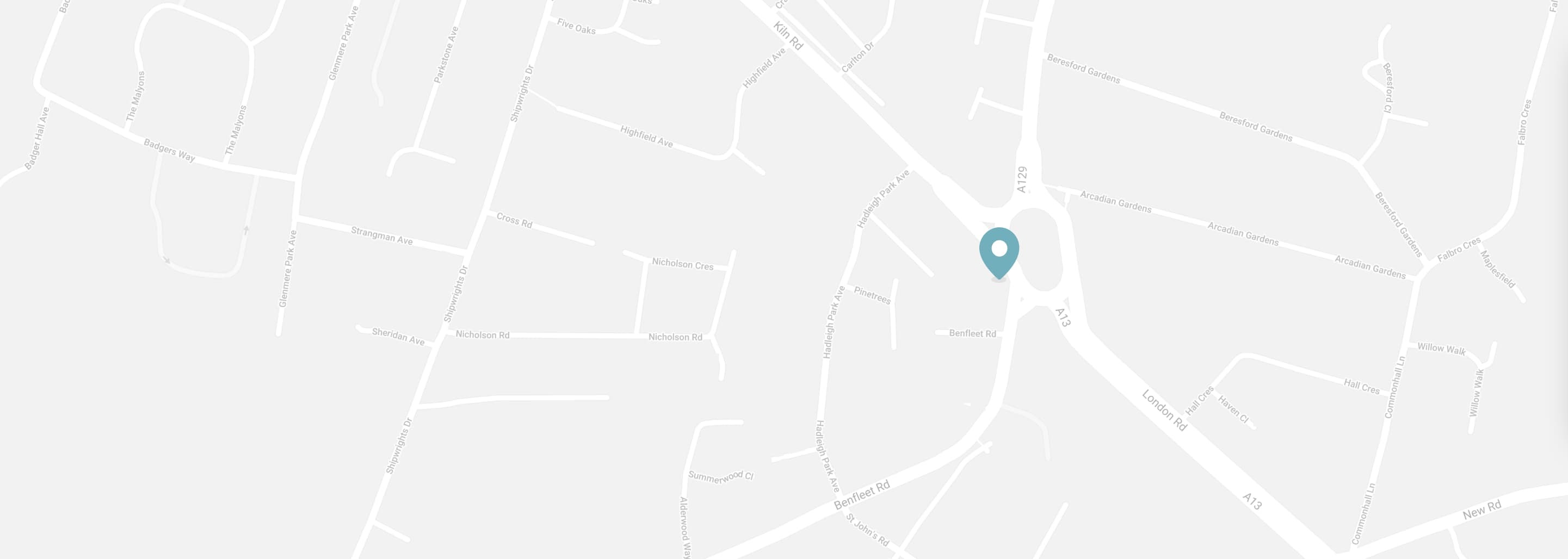Oral Hygiene

Oral Hygiene
Beautiful, clean teeth are key to the way we look and feel about ourselves and how others see us. We try to look after our teeth: we brush, we floss, we use mouthwash regularly, but sometimes that isn’t enough to remove the toughest plaque deposits and give a polished smile.
Good oral hygiene helps to prevent dental problems – mainly plaque and tartar that are the main cause of gum disease and caries (tooth decay). Good oral hygiene may also help prevent or delay erosion.
- Dental plaque is a soft whitish deposit that forms on the surface of teeth. It forms when germs (bacteria) combine with food and saliva. Plaque contains many types of bacteria. You can remove plaque by good oral hygiene.
- Tartar (calculus) is hardened calcified plaque. It sticks firmly to teeth. Generally, a dentist or dental hygienist can only remove it with special instruments.
Unfortunately, gum disease is a fairly common condition in this country. It is when the gums become infected and sore and swollen. One of the first signs of gum disease is when you notice that your gums bleed when brushing takes place. This stage of gum disease is referred to as gingivitis and if left untreated can progress to a more sever form of the disease called periodontitis. This affects the tissue that supports the teeth and if this is left untreated the bone in the jaw may decay. There is therefore every reason to prevent the occurrence of gum disease in the first place.
In addition to regular cleaning, which you should be doing for at least two minutes twice a day, you should ensure regular visits to your dentist so that any preventative techniques can be applied to help prevent the onset of gum disease. You can only go so far with your own dental hygiene that’s why it is important to have that contact with your dentist. At Benfleet Dental Centre we will advise and consult you with our qualified team of specialists.
I have a few tips of foods that are beneficial for healthy teeth and gums
- Water cleans the mouth and produces saliva that deposits essential minerals into the teeth. It keeps gums hydrated and washes away particles from the teeth.
- Celery protects teeth by producing saliva which neutralizes acid that causes demineralization and cavities. It also massages the teeth and gums.
- Onions contain antibacterial sulfur compounds. Tests show that onions kill various types of bacteria, especially when eaten raw ( if you dare)
- Vegetables: Vitamin A, found in pumpkins, carrots, sweet potatoes and broccoli, is necessary for the formation of tooth enamel. Crunchy vegetables may also help clean gums.
- Fruits such as apples, strawberries and kiwis contain Vitamin C. This vitamin helps hold cells together. If this vitamin is neglected, gum cells can break down, making gums tender and susceptible to disease.
- Cheese contains calcium and phosphate, which help balance PH in the mouth, preserves (and rebuilds) tooth enamel, produces saliva, and kills bacteria that cause cavities and disease.
- Green tea contains poyphenol antioxidant plant compounds that reduces plaque, cavities, and gum disease. Green tea may also reduce bad breath and strengthen the tooth enamel because of its high fluoride content.
- Dairy foods are beneficial because of their low acidity, which reduces wear and tear on teeth. Additionally, dairy foods are high in calcium, the main component of teeth.
At Benfleet Dental Centreyour oral hygiene is so important to us. And we look forward to seeing you.
To Find out more, or you would like to make an appointment either call us on 01702 557766 or email us at [email protected]
Contact us to make an appointment

Related news from the practice

5 Foods That Stain Your Teeth
14/11/2023

Tips on How to Cure Bad Breath
06/11/2023

How long will a dental implant last?
07/04/2023

Top 5 Dental Myths Busted!!
01/10/2022

Visit the practice
Benfleet Dental Centre
8 Benfleet Road, Benfleet. SS7 1QB
Opening times
| Monday | 08:00 - 17:00 |
| Tuesday | 08:00 - 18:30 |
| Wednesday | 08:00 - 17:00 |
| Thursday | 08:00 - 17:00 |
| Friday | 08:00 - 17:00 |
| Saturday | 09:00 - 14:00* |
| *By appointment only |

